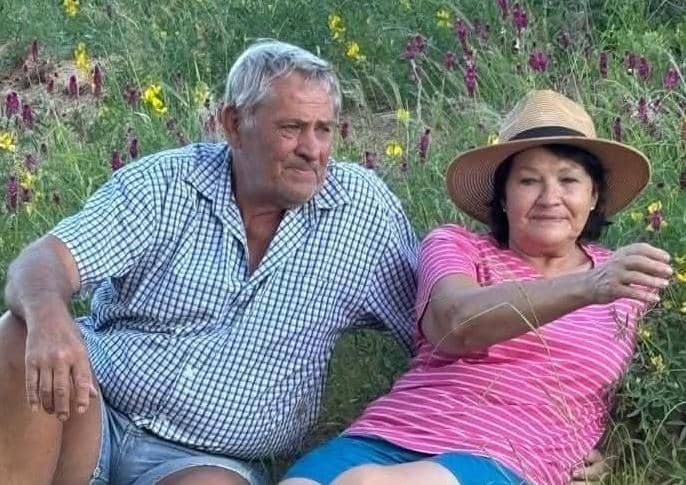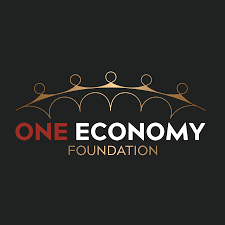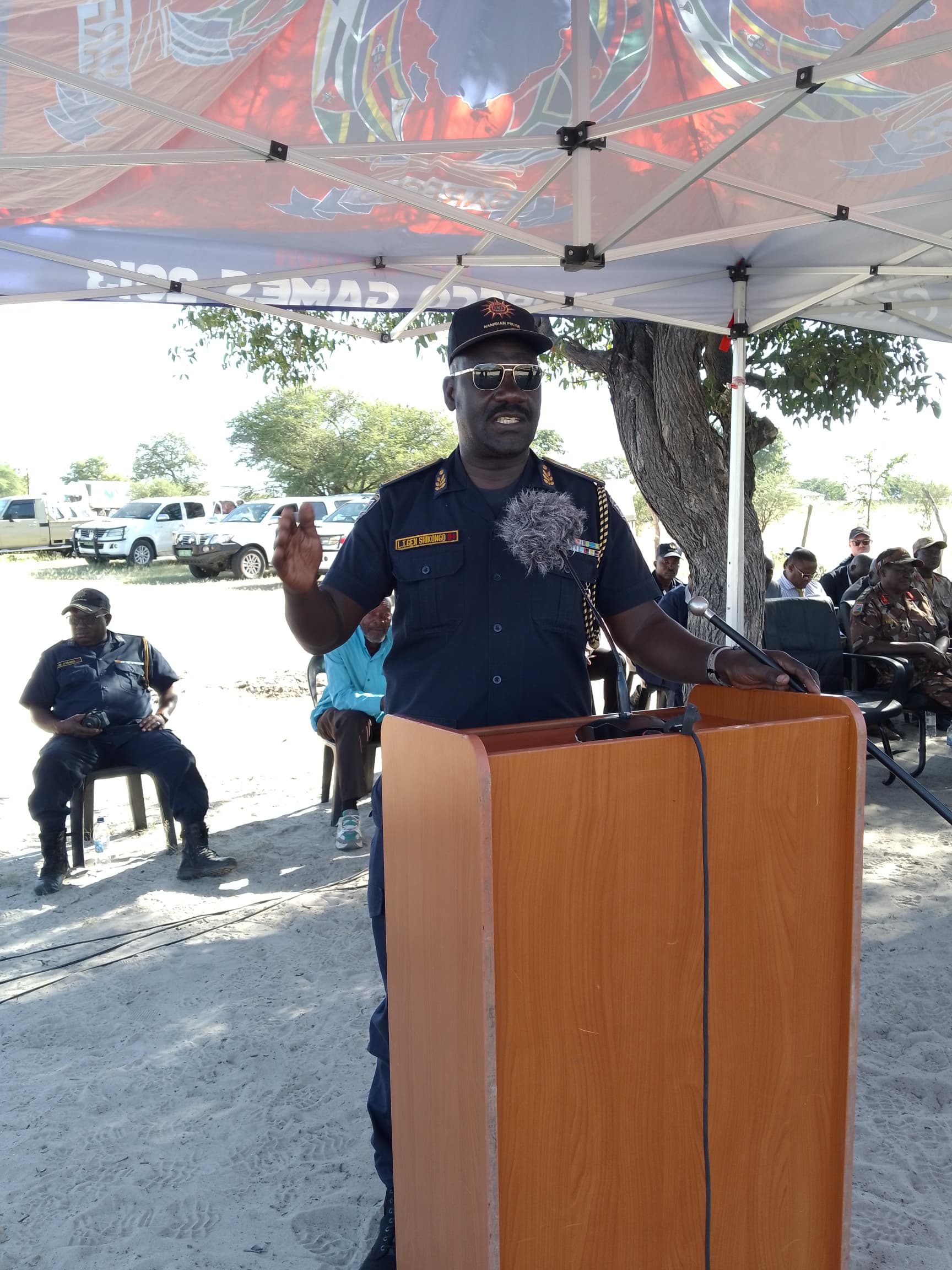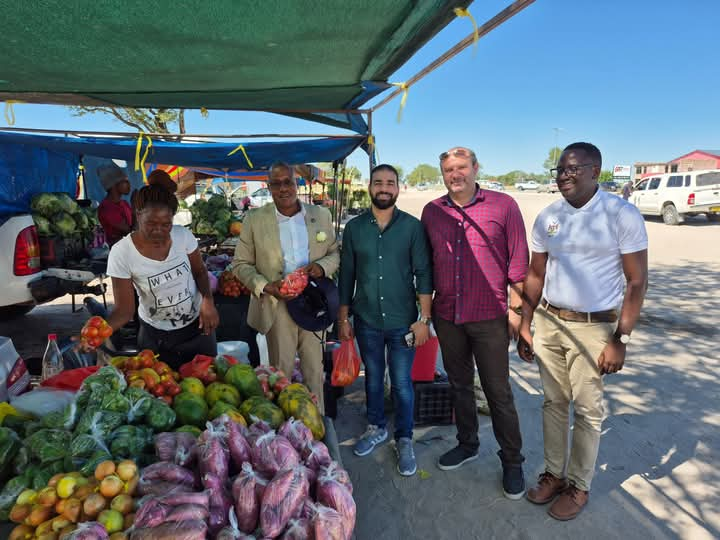THE City of Windhoek came under fire yesterday from the Namibia Farmworkers’ Union (Nafwu) over the increases in utility tariffs it announced at the end of last month.
Nafwu General Secretary Alfred Angula charged that the City Councillors were more concerned with keeping their own salaries and benefits than in trying to be fair and reasonable to the communities they serve. Angula was especially upset over increases in water and property tariffs, things he said the municipality should not even charge residents for.”Water is a basic human need and more so, the City is increasing its prices despite the announcement of Government in reducing the prices of some basic foodstuffs like bread, milk, sugar and beans,” he told a press conference in Windhoek.”There is no doubt that with the adjustment most of the poor people will not be able to afford to pay their utility bills, leading to many repossessions of houses due to non-payment,” he said.Angula added that with recent media reports revealing that even high-ranking public officials were having trouble paying their municipal bills, the municipality could only expect that poor people would have even more trouble.”The council should act reasonably and fairly, and should be able to understand the communities they serve.The increment should not be aimed at the balance sheet of the council, allowing for higher salaries for themselves, for self-benefits and interests.It should be aimed at the social wellbeing of the community and ensuring that people live a decent life,” he said.Angula further criticised the outsourcing of the municipality’s cleaning department, saying it showed the lack of commitment the City towards the community it served He charged that the company in question paid low salaries and provided no benefits to its employees, who are stationed at the City offices on a one-year contract basis.”Will these workers be able to pay these new bills? The City of Windhoek has refused to discuss this matter with the union.It is clear that the City is more interested in making a profit,” Angula said.He said domestic workers especially were hard hit by the tariff increases, adding that the City was forcing people out of proper homes and into shanties.”We see the mushrooming of kambashus, of the informal settlements.You are forcing people to live in these conditions.The time has come for the community to stand up.We pay these people to represent our needs, but if they know that your salaries are between N$800 and N$900, how do they still increase their fees as they do? We must ask ourselves, do we want a world-class city with affordable services? Or is our main aim the healthy balance sheet of the municipality?” Angula asked rhetorically.”Are we driven by forces that we don’t know? Are they saying everyone is increasing their prices so we must also?” he said.He referred to the City’s allocation of a 45 hectare piece of land to the failed Ramatex factory for a 99-year period at only N$1 188.”If they could do that, then where does this leave poor communities in Windhoek today,” he asked.When tabling the new City budget at the end of last month, Councillor Elaine Trepper told residents that the City was left with “no other option” but to increase tariffs and asked for time while they “investigate options to make services more affordable.”Electricity saw the highest increase at 12,3 per cent, followed by the sewage tariff, which increased by 10 per cent.The basic water charge and the water consumption tariff were also increased by 10 per cent.Trepper’s reasons included higher inflation and interest rates, continuing fuel price increases, increasing pressure on the City because of rural-urban migration and an increase in bulk prices for electricity and water from NamPower and NamWater.Namibia’s inflation rate was 9,3 per cent at the end of April compared to six per cent last year, while the prime interest rate is 15,25 per cent compared to 12,5 per cent last year.NamPower was expected to increase its bulk price for electricity by 31,74 per cent, Trepper said, while NamWater was looking at an increase of nine per cent on the bulk price of water.Angula was especially upset over increases in water and property tariffs, things he said the municipality should not even charge residents for.”Water is a basic human need and more so, the City is increasing its prices despite the announcement of Government in reducing the prices of some basic foodstuffs like bread, milk, sugar and beans,” he told a press conference in Windhoek.”There is no doubt that with the adjustment most of the poor people will not be able to afford to pay their utility bills, leading to many repossessions of houses due to non-payment,” he said.Angula added that with recent media reports revealing that even high-ranking public officials were having trouble paying their municipal bills, the municipality could only expect that poor people would have even more trouble.”The council should act reasonably and fairly, and should be able to understand the communities they serve.The increment should not be aimed at the balance sheet of the council, allowing for higher salaries for themselves, for self-benefits and interests.It should be aimed at the social wellbeing of the community and ensuring that people live a decent life,” he said.Angula further criticised the outsourcing of the municipality’s cleaning department, saying it showed the lack of commitment the City towards the community it served He charged that the company in question paid low salaries and provided no benefits to its employees, who are stationed at the City offices on a one-year contract basis.”Will these workers be able to pay these new bills? The City of Windhoek has refused to discuss this matter with the union.It is clear that the City is more interested in making a profit,” Angula said.He said domestic workers especially were hard hit by the tariff increases, adding that the City was forcing people out of proper homes and into shanties.”We see the mushrooming of kambashus, of the informal settlements.You are forcing people to live in these conditions.The time has come for the community to stand up.We pay these people to represent our needs, but if they know that your salaries are between N$800 and N$900, how do they still increase their fees as they do? We must ask ourselves, do we want a world-class city with affordable services? Or is our main aim the healthy balance sheet of the municipality?” Angula asked rhetorically.”Are we driven by forces that we don’t know? Are they saying everyone is increasing their prices so we must also?” he said.He referred to the City’s allocation of a 45 hectare piece of land to the failed Ramatex factory for a 99-year period at only N$1 188.”If they could do that, then where does this leave poor communities in Windhoek today,” he asked.When tabling the new City budget at the end of last month, Councillor Elaine Trepper told residents that the City was left with “no other option” but to increase tariffs and asked for time while they “investigate options to make services more affordable.”Electricity saw the highest increase at 12,3 per cent, followed by the sewage tariff, which increased by 10 per cent.The basic water charge and the water consumption tariff were also increased by 10 per cent.Trepper’s reasons included higher inflation and interest rates, continuing fuel price increases, increasing pressure on the City because of rural-urban migration and an increase in bulk prices for electricity and water from NamPower and NamWater.Namibia’s inflation rate was 9,3 per cent at the end of April compared to six per cent last year, while the prime interest rate is 15,25 per cent compared to 12,5 per cent last year.NamPower was expected to increase its bulk price for electricity by 31,74 per cent, Trepper said, while NamWater was looking at an increase of nine per cent on the bulk price of water.
Stay informed with The Namibian – your source for credible journalism. Get in-depth reporting and opinions for
only N$85 a month. Invest in journalism, invest in democracy –
Subscribe Now!










